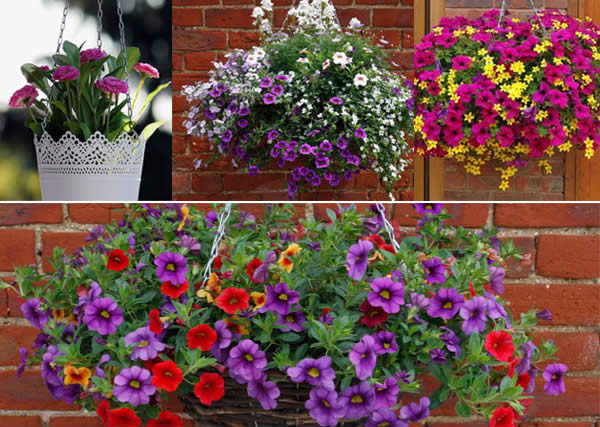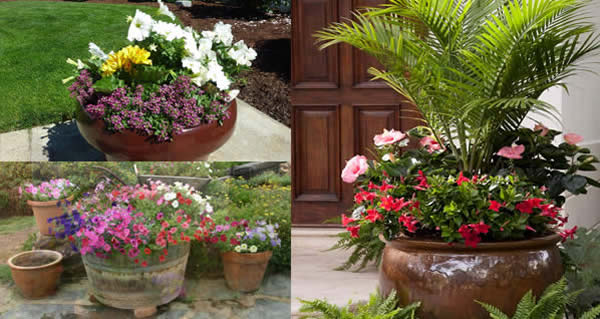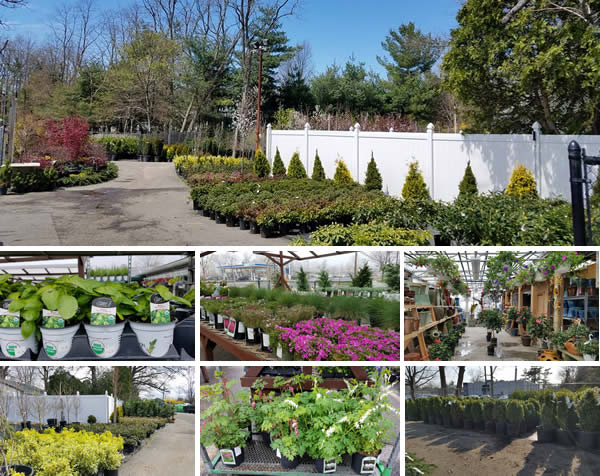
May tends to be a busy month in the garden. The chance of frost dwindles, and spring showers should give way to slightly drier weather.
Once your lawn has dried out a bit, it will be a good time to do any repairing to bare spots.
Loosen the soil a bit, spread some seed, and cover with some mulch, hay, or grass clippings. Keep it moist to ensure that the new seeds will germinate. Pull weeds now while they are young and easy to remove.
A Weed-and-Feed fertilizer application will help prevent weeds through the summer if you get it in before the weeds go to seed. As your lawn fills in, you should raise the height of your mower blades.
This will allow your lawn to grow fuller and tall enough to choke out many of the weeds that will grow.
In the vegetable garden, you should be wary of the weather.
While the temperatures are getting warmer, the lingering chance of a freak frost can set you back. You can start planting many of your vegetables, but be aware of the weather and if needed, protect your new plants.
Warmer season crops like tomatoes, pumpkins, peppers and melons should wait until later in the month, as they will not do well if the temperature dips. Plant beans and peas weekly or biweekly to maintain a regular harvest.
Newly planted strawberries should have the buds pinched off to promote vegetative growth, and ones that were planted in past years should be starting to develop strawberries.
Plan to protect them or the birds will be the ones snacking. Tulle can be a great, inexpensive option that both protects from birds and keeps them from getting snagged.
Check your houseplants to see if they are rootbound and if so, plant in a larger pot. If there are pests on them, take care of them early - before they get out of hand.
Many of your spring flowers are about done for the season by now. You should dead-head them, but keep watering and feeding the plants until they die back naturally. Spring-flowering shrubs should be trimmed back so the plant can focus on building more leafy growth instead of seeds.
Adding some all-purpose fertilizer will help promote more growth for more blooms next year.
Warm-season flowers can be planted soon. These include lilies, dahlias, coral bells, primroses, gladiolas, delphiniums, phlox, petunias, pansies, and snapdragons, but the list is really too extensive to cover in entirety.
Drop by our garden center and choose what you like. As flowers die back, knock them off to prolong their growing season.
Keep an eye out for pests. Control slug and snail populations before they reproduce. Keep an eye out for aphids and spider-mites and spray off plants with a burst of water to knock them to the ground.
Once you have your tomatoes and peppers in the ground, check daily for signs of hornworm activity. If you see damaged leaves, look closely on the tops and bottoms of the leaves in that area of the plant to find the culprit.
If you have chickens, they will love the treat - if not, you you can squish them or pull them off and drop them in a bucket of soapy water.
You can also use BT to manage caterpillar populations, but remember that butterflies and moths are important pollinators, so killing them all is not always the best idea.
The biggest thing you can do for your garden this time of year is pay attention. If it hasn't rained, water. If it has been raining a lot, don't. If it's going to get cold again, protect your plants. Pest problems are much easier to manage earlier than later.
Mulching regularly will help in many ways. May sets the stage for the whole summer. If you're on top of your game, your garden will thrive. Happy planting!
Click to print this article.












